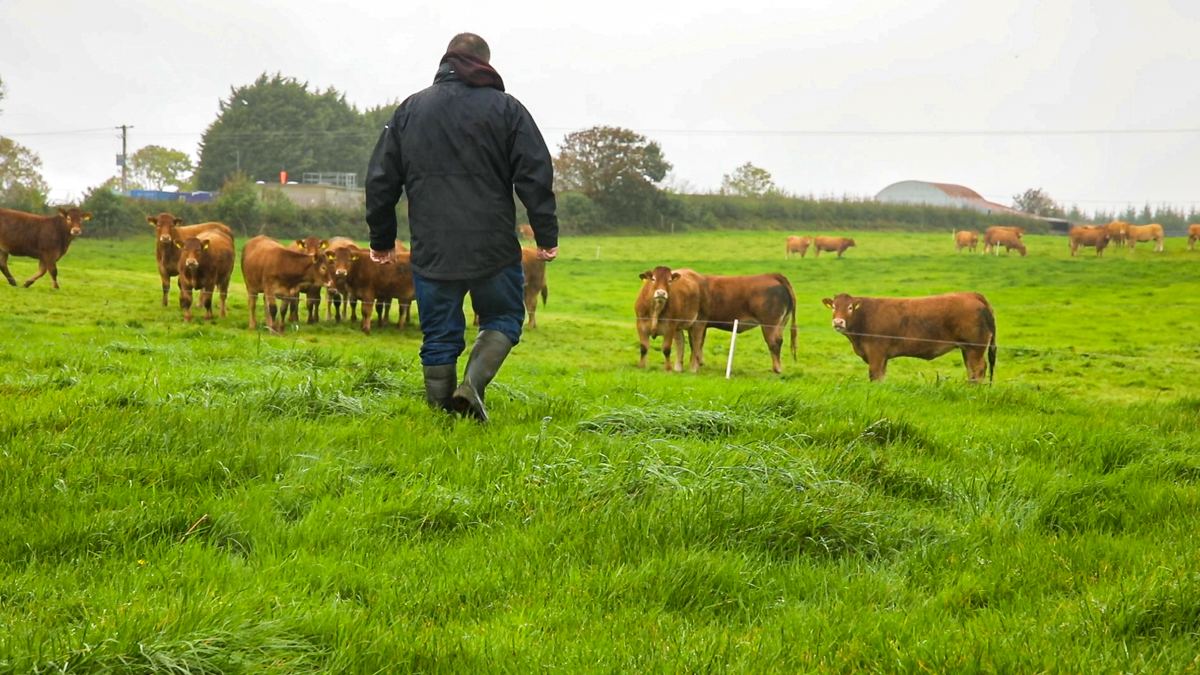The most productive farmers “simply cannot remain viable” under the carbon budgets announced yesterday (Monday, October 26) and the reported targeted cut in agricultural emissions of 21% to 30% by 2030.
That’s according to the Irish Farmers’ Association (IFA), which argued that the carbon budget and the sectoral emissions ceiling for agriculture – to be confirmed by government in the near future – will have “serious repercussions”.
“Our most productive farmers simply cannot remain viable if agriculture has to reduce emissions by between 21% and 30% as has been reported. This will have profound implications for the rural economy,” IFA president Tim Cullinan said.
“Some may compare the carbon budget and the sectoral ceilings that had been proposed to other sectors and think agriculture has got a fair deal, but government has not considered the implications for individual farmers and the sector.”
Three carbon budgets were announced yesterday – one for the period 2021-2025; another for the period 2025-2030; and a provisional one for the period 2031-2035.
“For most people, climate action will impact on their lifestyle. For farmers, it will impact on our livelihoods,” Cullinan argued.
He added: “It’s also important to realise that increases in the cost of energy and transport fuel are already impacting on the viability of farms and rural businesses.”
The IFA president called on the government to engage in “meaningful negotiation” with farmers to make a plan for the sector that can contribute to emissions reduction but that doesn’t impact farmers’ livelihoods.
“In addition, proper funding must be in place to help farmers implement climate action measures.
“The frustration for farmers is that they know that if less food is produced in Ireland, it will be produced elsewhere, with a higher carbon footprint,” Cullinan highlighted.
He added: “The world’s population is growing and is likely to increase from 7.5 billion today to 10 billion by 2050. More food will be needed, not less.”
Cullinan concluded: “There is a huge amount of misinformation out there. Ireland’s grass-based system is extremely efficient. The government must support farmers, not regulate them out of business.”
